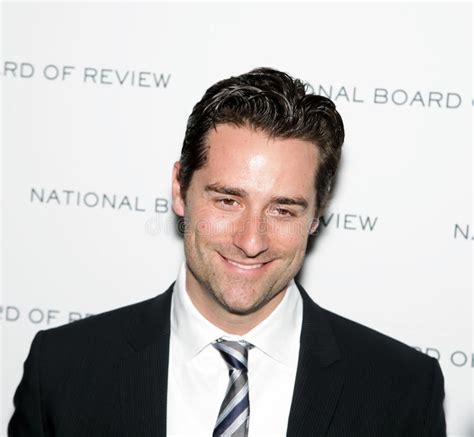A Quote by Anderson Cooper
I don't want to do anything that puts my team members, my camera people or producers, in danger, so it's an ongoing dialogue on all the stories that we do.
Related Quotes
The people who've done well within the [Hollywood] system are the people whose instincts, whose desires [are in natural alignement with those of the producers] - who want to make the kind of movies that producers want to produce. People who don't succeed - people who've had long, bad times; like [Jean] Renoir, for example, who I think was the best director, ever - are the people who didn't want to make the kind of pictures that producers want to make. Producers didn't want to make a Renoir picture, even if it was a success.
I don't want a team that escapes from reality and escapes from the truth. I don't want people who are always escaping, who always have a story and are always conniving. An ostrich tries to escape from the truth. Isn't an ostrich the thing that puts its head in the sand? But guess what's sticking out when he does it? It's ass, that's what. I don't want a team like that......Because when you have a team like that and trouble comes, that team will not face the trouble.
I don't want to carry big things around with me. I'm lazy. The snapshot camera, you just carry it around and take the picture. You don't need to think about anything. People in the street are not going to wait for you with a big camera. They would freak out. With a snapshot camera, they are comfortable.

































